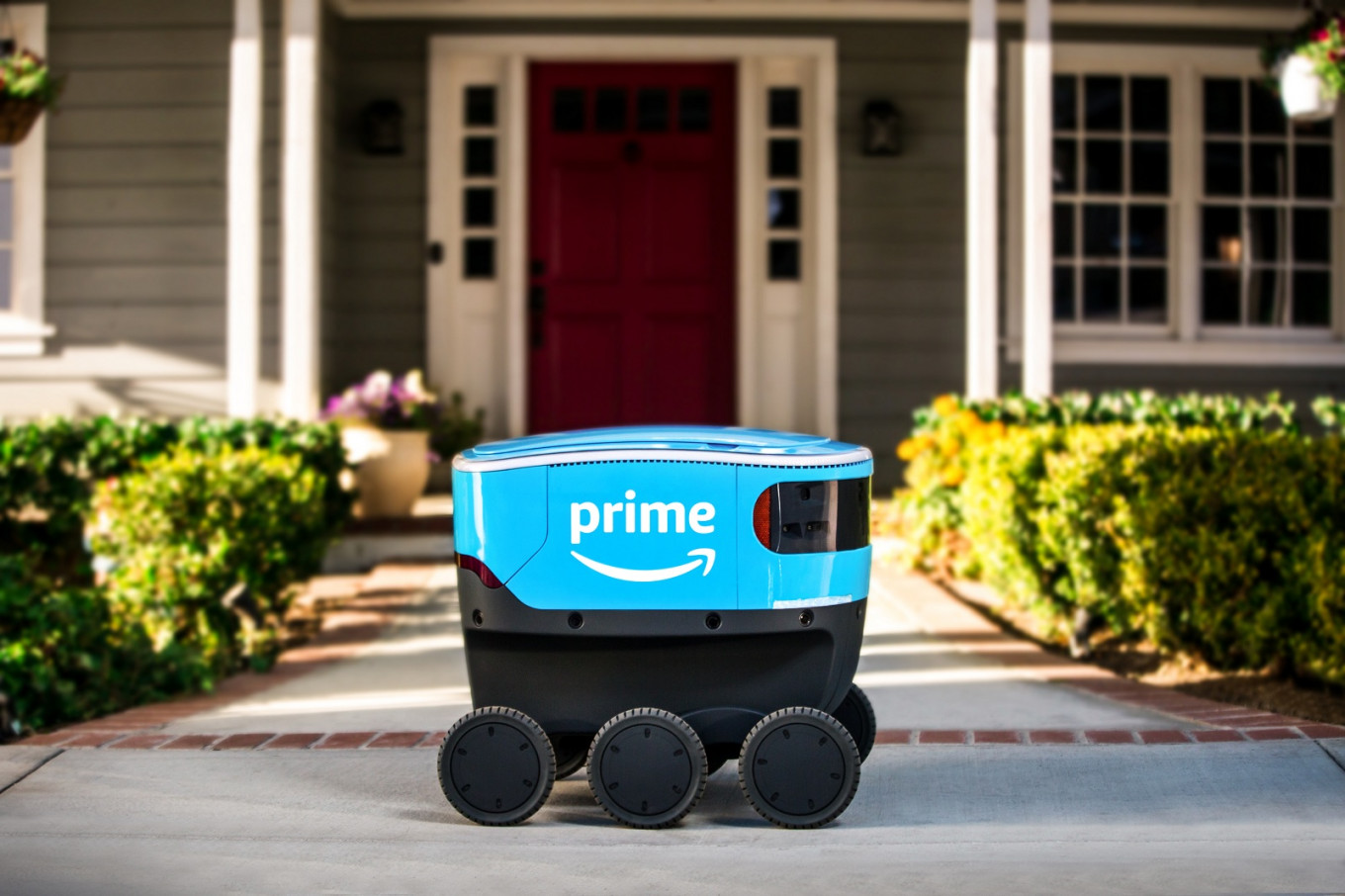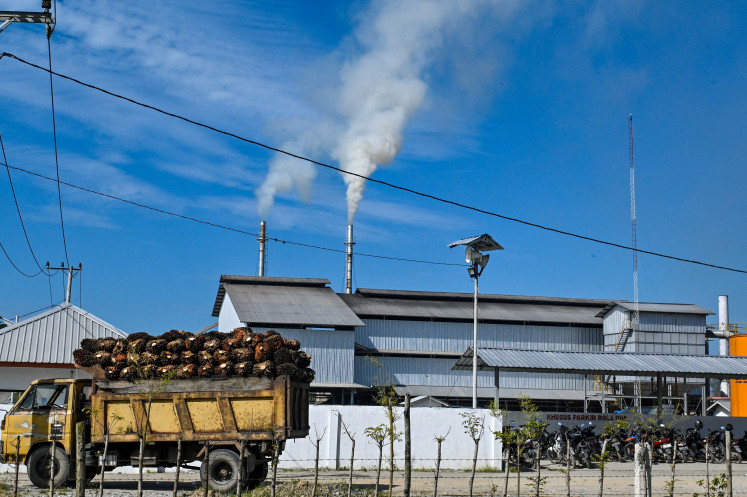Popular Reads
Top Results
Can't find what you're looking for?
View all search resultsPopular Reads
Top Results
Can't find what you're looking for?
View all search resultsAutomation to hit most jobs, but overall impact 'muted': Study
Artificial intelligence and automation will lead to job losses in "virtually all occupational groups" over the coming decades in the United States, but the overall impact on employment will be "muted".
Change text size
Gift Premium Articles
to Anyone
A
rtificial intelligence and automation will lead to job losses in "virtually all occupational groups" over the coming decades in the United States, but the overall impact on employment will be "muted," a prominent think tank study said Thursday.
"Almost no occupation will be unaffected by the adoption of currently available technologies," said the Brookings Institution study.
The researchers, examining some 800 occupations, concluded that roughly 25 percent of US employment, or 36 million jobs in the United States, would face "high exposure to automation" in the coming decades.
But they also pointed out that automation and artificial intelligence "are increasingly looking like sources of the productivity gains badly needed to secure higher-quality economic growth" and "could well lift the national economy in the coming years and increase prosperity at a time of uncertainty."
"Automation will affect tasks in virtually all occupational groups in the future but will likely continue to have a muted net impact on total employment," the report said.
Research analyst Rob Maxim said in a tweet that the report finds artificial intelligence "will lead to neither apocalypse nor utopia," but that "disruption will be real."
Read also: Robot drinks stir man vs machine debate
The study highlighted previously documented concerns that low-skill and low-wage jobs could be at risk from automation, and noted that the "heartland" regions of the United States, between the coasts, would be disproportionately impacted.
"Among the most vulnerable jobs are those in office administration, production, transportation and food preparation," the report said.
"The remaining, more secure jobs include a broader array of occupations ranging from complex, 'creative' professional and technical roles with high educational requirements, to low-paying personal care and domestic service work characterized by non-routine activities or the need for interpersonal social and emotional intelligence."
The findings echo the conclusions of a report last year by the World Economic Forum, which projected that robots would handle 52 percent of current work tasks by 2025, but that the advances in technology would create jobs to offset the losses.
The Brookings researchers said: "Automation can increase demand, creating jobs... Similarly, the productivity and wage gains brought by automation can result in workers having more disposable income, which increases consumption and hence employment in other industries."
But because of the uneven impact of new technologies, the researchers underscored the need for better policies to deal with worker displacement, including worker retraining, better educational opportunities and a "universal adjustment benefit to support all displaced workers."











